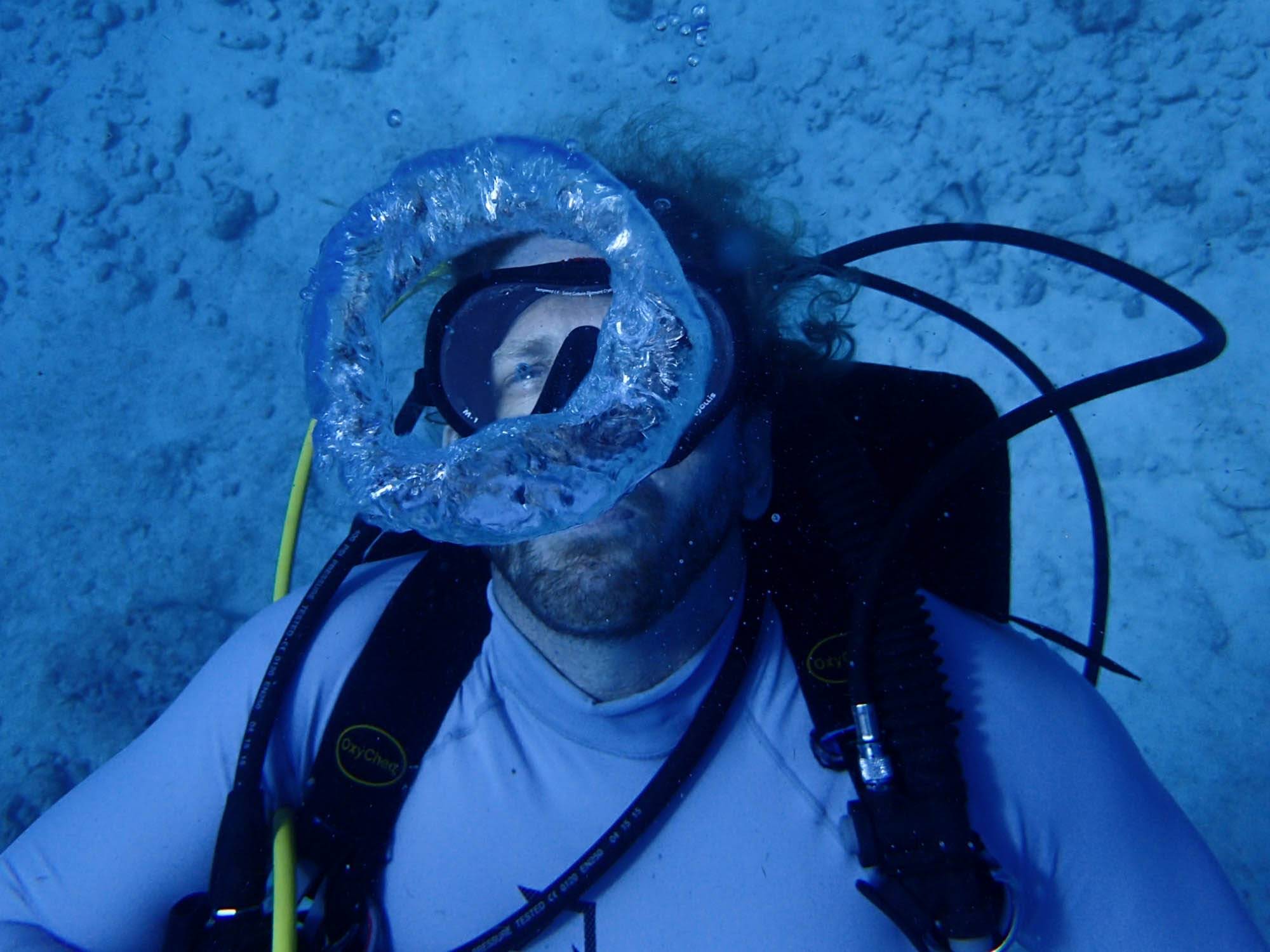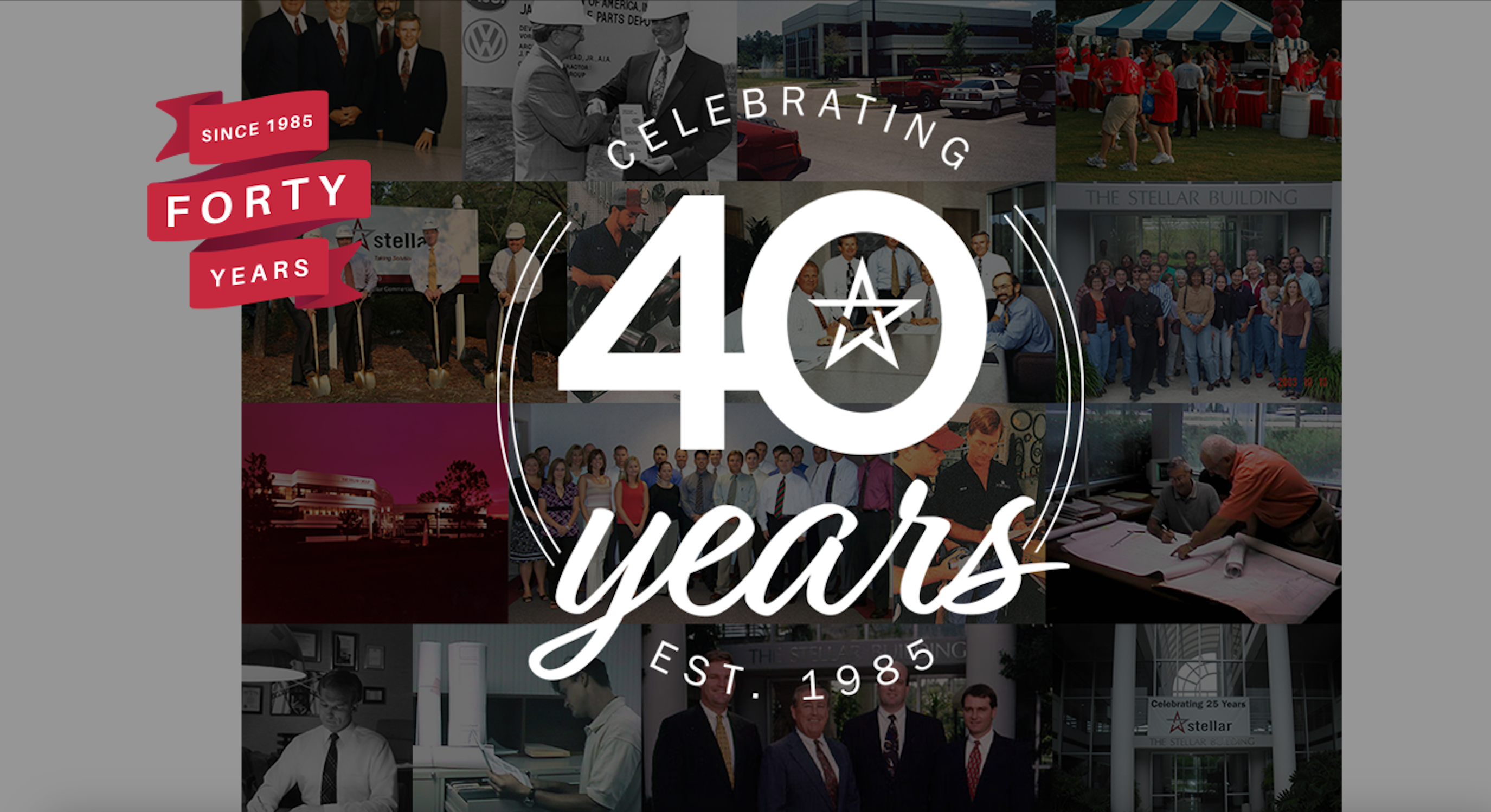USF Associate Professor Joseph Dituri has broken the world record for living underwater, previously set at 73 days. While teaching his students online, Dituri, also known as Dr. Deep Sea, is studying how the human body responds to long-term exposure to pressure. He did it all from an underwater habitat located at Jules’ Undersea Lodge in Key Largo.
Dealing with the isolation underwater
Dituri’s 100-square-foot underwater home has subjected him to an isolated and extreme-confined environment. He hasn’t seen the sun or enjoyed a homecooked meal since February. He’s sacrificed personal milestones, such as seeing his daughter graduate from college.
“I am definitely missing being physically with my family and friends. The effects of being available only through technology are complicated. Even though I can communicate regularly, the lack of ability to reach out or see them with my eyes in person has an effect,” Dituri said. “So we are pushing forward and bringing students of all ages, from many places in the world along with us. Maybe one day they will pick this science up and continue the journey we are presently on.”
But this is more than just setting the world record for living underwater. With this record, Dituri’s officially reached uncharted territory for science. His research may have far-reaching impacts, even in space.
“It takes 200 days to travel to Mars,” Dituri said. “Our astronauts will have to travel in an environment similar to the one I’m in now. The confined area will limit their options for food, how far they can see and how they can exercise. They will experience muscle loss, bone loss and vision problems. This research could help us better prepare our astronauts to ensure they arrive healthy and strong enough to explore the planet.”
A world record’s affect on the body
A team of physicians is gathering data on Dituri’s health to compare to tests that were performed before he went underwater and will be performed again once he rises to the surface. The information will determine how the confined, rich-oxygen environment can impact an individual mentally and physically.
Not only could this research be beneficial to space travel, but Dituri hopes it will allow him to help people with traumatic brain injuries – his original inspiration to earn his doctoral degree from USF and begin hyperbaric research. His hypothesis: If hyperbaric pressure can be used to increase cerebral blood flow, then it can be used to treat traumatic brain injuries and a broad spectrum of diseases.
Dituri will expand on this concept of hyperbaric medicine in his USF Maymester course. “I’m teaching a course about being under pressure while I am under pressure and what happens inside the body, the biological and chemical processes that change,” Dituri said.
Inspiring future generations
Mario Brock Leao, a junior studying biomedical engineering, was inspired to take the course after volunteering at Dituri’s Undersea Oxygen Clinic, where he says he observed improvement in many of the patients undergoing hyperbaric treatments. As an aspiring neurosurgeon, he jumped on the opportunity to learn more about how he could help his future patients.
“I am looking forward the most to understanding better what is known about the mechanism of hyperbaric treatments on the injured brain,” Leao said. “It is definitely interesting that he is teaching from underwater. And I am sure that experience will make him an instructor who will be able to provide his students with a different, unique perspective.”
For the remainder of his mission, Dituri will teach his students online and continue monitoring his health. While he’s been mostly in confinement, he does occasionally put on scuba gear to explore the ocean with visiting scientists. Dituri hopes to protect, preserve and rejuvenate the marine environment through collaboration with colleagues. He also inspiring the next generation of scientists. Beyond his USF students, Dituri has virtually interacted and taught more than 2,450 students from countries all around the world. Including Korea, Abu Dhabi and Chili.
“It’s really not about the record,” Dituri said. “If we can get people excited about science, that would be a great success to me!”




























